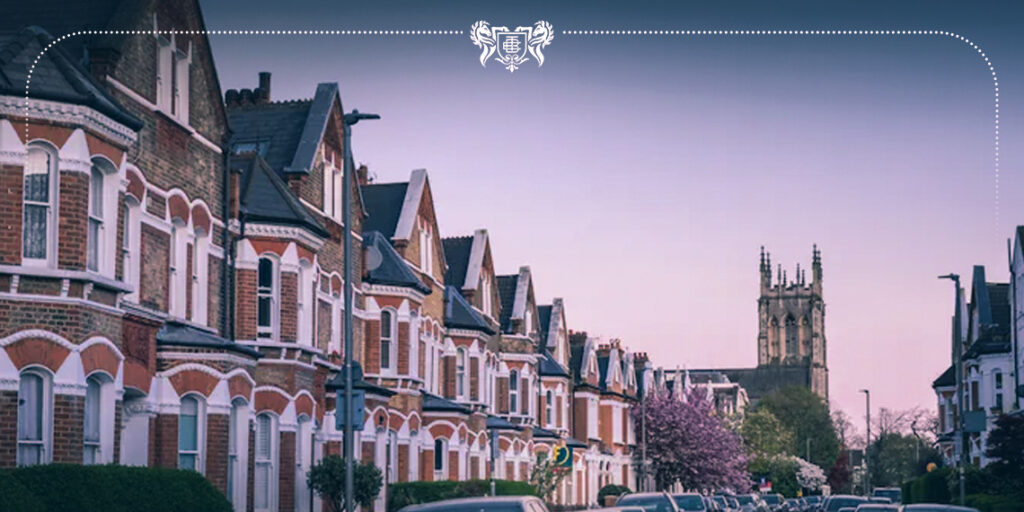UK house prices are projected to increase by £80,000 over the next five years, even as demand from buy-to-let landlords and first-time buyers wanes.
Research by estate agent Savills predicts that property values will climb by 4% to £372,500 by next year and surge by 23.4% by 2029, driven by an increasing number of upsizers.
However, activity among first-time buyers and landlords is expected to decline due to limited government support and Labour’s move to raise stamp duty for these groups.
Savills’ data indicates that average house prices will rise to £442,000 in five years, up from the current £358,000.
The most significant growth is anticipated in the North West, where property values are expected to soar by nearly 29.4%.
The North East and Yorkshire are also predicted to see above-average growth, while London will experience the lowest increase in the country, at 17.1%.
Lucian Cook, Savills’ head of residential research, noted that London house prices have performed “better than expected,” with many buyers engaging in a “race for space” in commuter areas over the past year.
Despite falling mortgage rates, Cook pointed out that buyers in London and the South East face greater challenges due to the need to borrow more relative to their income and save larger deposits, limiting growth potential in those regions.
Cook highlighted that reduced mortgage costs are fostering improved confidence among potential buyers, contributing to modest house price growth in recent months.
“A steady improvement in affordability should support further house price growth in the coming years,” he said.
However, he warned of potential volatility, noting that the market remains sensitive to short-term debt cost fluctuations and tax changes, which could disrupt growth.
The recent decline in mortgage rates follows the Bank of England’s September decision to lower interest rates from 5.25% to 5%.
Markets anticipate at least one more rate cut before the end of the year, with the base rate potentially dropping to 4.75%.
Savills pointed out that future house price growth will be primarily driven by home movers, given the reduced government support for first-time buyers and the increase in stamp duty for landlords.
In her first Budget, Chancellor Rachel Reeves announced a hike in stamp duty for those purchasing second homes or buy-to-let properties, raising the rate from 3% to 5%.
Contrary to speculation, Reeves did not increase capital gains tax on the sale of former buy-to-let properties, a move that maintains the cost for landlords expanding their portfolios without deterring property sales.
However, she chose not to extend the first-time buyer stamp duty discount introduced by Liz Truss, which will mean an additional £7,000 in costs for buyers in London.


